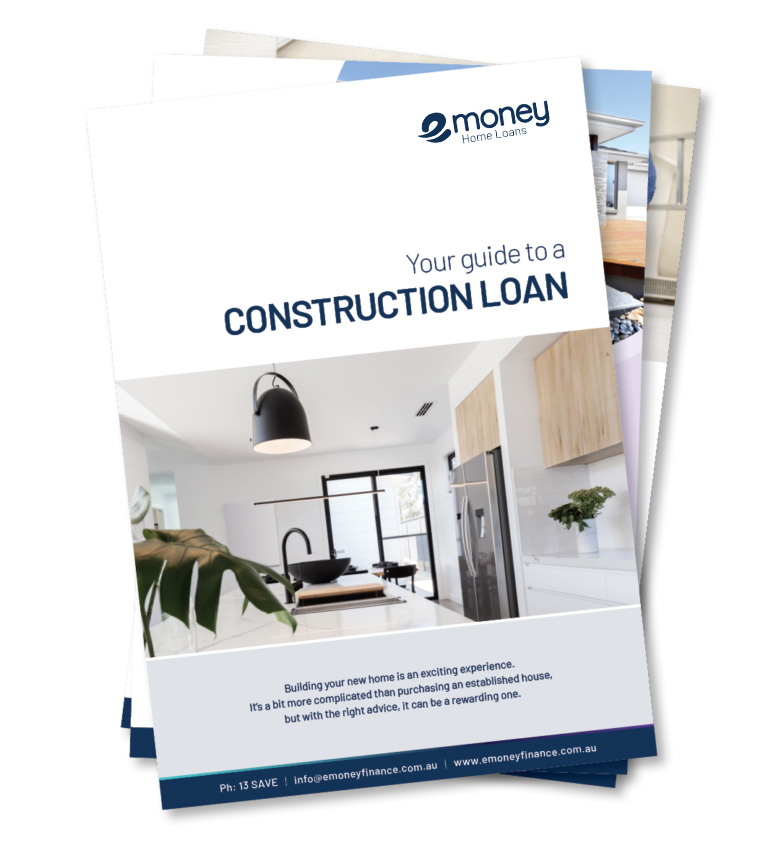
Why choose a variable rate loan?
Variable rate home loans are popular and offered by most lenders. The interest rate on a variable loan fluctuates with changes to the market rate, which means your home loan repayments may also vary. The market rate is set by the RBA, however, lenders set their own interest rates and may change them at any time.
What’s good about a variable interest rate loan?
Extra repayments
You can pay your loan off sooner and save money on interest by making extra repayments above your minimum repayment amount. Use our repayment calculator to see the difference that extra repayments can make to the term of your loan and to find out how much you could save.
Redraw facility
With a redraw facility, you can withdraw your extra loan repayments if you need to access the money. (Note: some lenders have minimum redraw amounts.)
Offset account
You can reduce the interest you pay with an offset account. That’s a transaction account linked to your home loan where the balance is ‘offset’ daily against your loan balance before interest is calculated. This reduces the principal amount your interest repayments are calculated on.
Flexible repayment options
Make your loan repayments weekly, fortnightly or monthly—whenever is most convenient to you. This can help your budget and align with your pay cycle to make it easier to manage your loan
Split loans
You can choose to split the loan to gain more control of the interest rate. That means you can have a fixed interest rate on a portion of the loan for up to five years, and a variable interest rate on the other portion of the loan. Fixing a portion of your loan gives you some protection from potential interest rate rises.
No exit fees
You can switch loans and lenders more easily with a variable rate loan as they have no early repayment penalties or exit fees. However, lenders can charge discharge fees to cover the administrative costs and there are other government charges which may apply.
Things to consider
If you have a variable rate loan, your repayments will increase with interest rate rises. You should consider how this may impact your future financial situation and goals. Use our handy calculators to help you plan and budget for possible rate rises.
Basic variable
Basic variable rate loans tend to have lower interest rates and fees because they don’t typically offer additional features like an offset account. This is a good choice for borrowers looking for a simple product with low costs.
Standard variable
A standard variable rate loan is better for borrowers who require more flexibility and want the ability to redraw from the loan or place any extra funds in an offset account. These extra features are usually part of a package home loan that includes offset accounts, a credit card and other associated facilities and discounts, for an annual fee.
What’s a home loan package?
A home loan package is an all-inclusive suite of products attached to a home loan. For an annual fee, you can get benefits such a discount on the variable interest rate, fee waivers for transaction or offset accounts, a credit card with an annual fee waiver and discounts on insurance products.
To be eligible for a home loan package, you need to borrow a minimum amount (usually $250,000 or more).
An annual package fee will apply and can range from $350 to $750 depending on the type of package and the lender.
A credit card (with no annual fee) is usually part of the package. You may not require this card and the credit card limit may impact your borrowing capacity. It could also result in you incurring more debt at credit card interest rates.
We always recommend you seek independent financial advice prior to making any decisions relating to your financial future
Speak with an emoney lending specialist who will help you consider the pros and cons of each product, as well as the overall costs and savings, before choosing the option that suits your needs.
We recommend you seek independent financial advice prior to making any decisions that could affect your financial security.

First Home Buyer's Guide
Enter your email address for instant access to our handy First Home Buyer's ebook.

Construction Loan Guide
Building a new home. Find out about the construction loan process.

